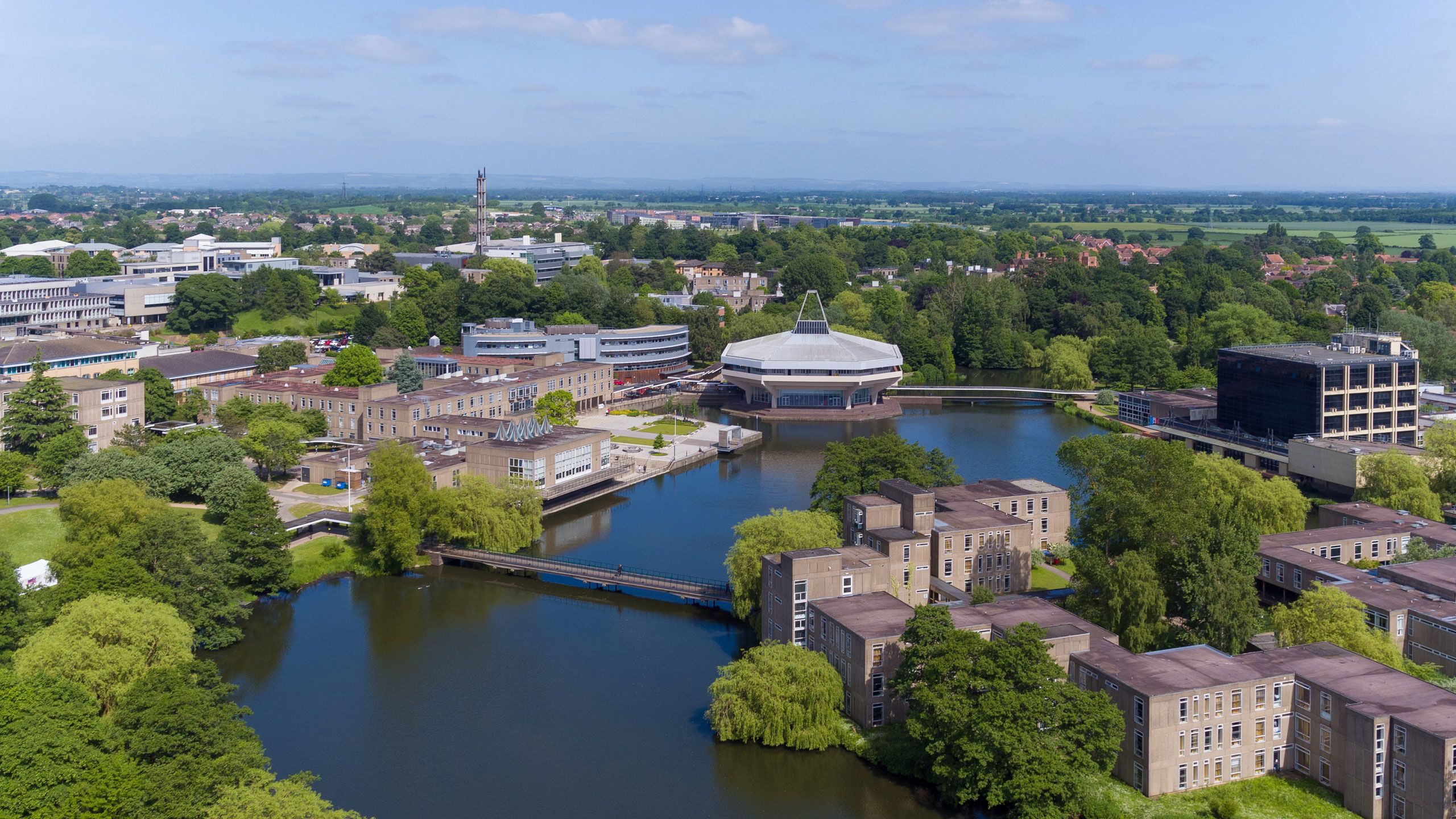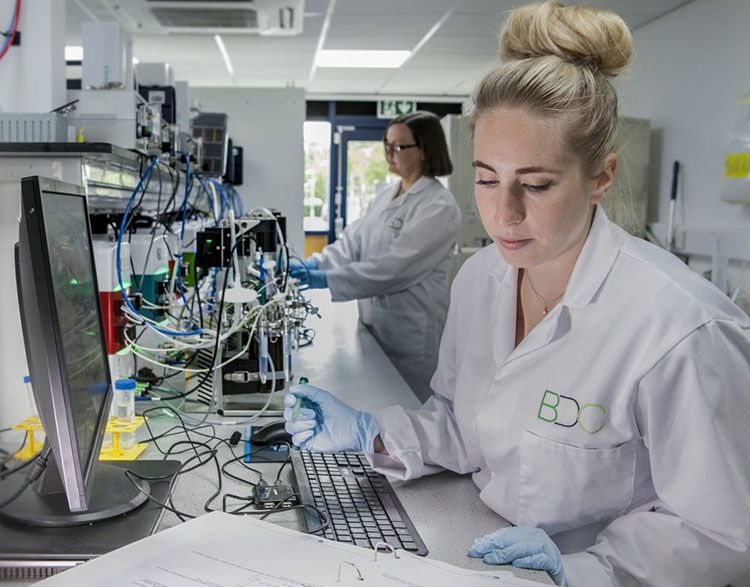BioYorkshire
Leading the region’s green ambitions for a post-Covid economic recovery

A green revolution is taking place across Yorkshire driving a radically new, sustainable 21st century global economy.
By using an extraordinary range of natural and discarded resources, this high-tech future is being turned into a reality by scientists and industry innovators in the region.
Yorkshire - already a pioneering centre of bioeconomy - is launching an ambitious project that aims to ‘level up’ the north of England providing 4,000 high skilled jobs and tackling some of the world’s major economic and environmental challenges.
BioYorkshire is a ten-year plan for sustainable innovation. The vision is to propel the region into growing a vibrant and profitable bioeconomy - using renewable, biological resources to create greener products which minimise waste and reduce our reliance on fossil fuel. The plan is timely, with the world facing the double headed challenge of responding to climate change while delivering a post-Covid economic recovery.
BioYorkshire will contribute to the region’s overall ambition to become the nation’s first carbon negative region.
The ultimate ambition of BioYorkshire is to cement the region as the UK’s centre of innovation and commercialisation in the bioeconomy.


The project harnesses the expertise of scientists and industry experts and is led by the University of York, Askham Bryan College and Fera Science Ltd.
“The north of England already has the facilities, specialised research and innovation capability, and industrial capacity to deliver a world-leading bioeconomy based on crop science, agri-tech and industrial biotechnology,” says the University of York’s Vice-Chancellor, Professor Charlie Jeffery.
“BioYorkshire’s unique partnership will coordinate and further develop these capabilities and resources to create a major economic opportunity for the region. We can deliver fundamental changes to the way we live, not only here in the north of England but globally.”
The project draws on the innovative work already underway at BioYork, a University-led initiative. BioYork Director Professor Ian Graham said: “Our research programmes will offer truly cross-disciplinary, innovative approaches to tackle industrial and societal challenges: we have an outstanding track record of research to benefit society.”
As well as scientific expertise, Yorkshire is well placed to lead the way in bio innovation, hosting national headquarters of many of the UK's largest food and drinks processing businesses, which are key to the production of valuable organic waste-feedstocks.
The region is also steeped in farming traditions and expertise with agricultural businesses accounting for more than 60 per cent of land use.
BioYorkshire plans include district hubs for enterprise development, bio-based research institutes and programmes of training and skills co-developed with industry, all underpinned with bioeconomy networking and investment.
Crucial demonstrator facilities for testing and scaling up of innovative technologies would also be built - the lack of which has forced UK bio-entrepreneurs to test projects further afield.
“BioYorkshire is designed to maximise the opportunities for interaction between researchers and businesses. Exciting new initiatives will engage industrial expertise to deliver a step change in bioeconomy research.”
The ten-year programme requires £171m of Government funding but economic projections predict a massive return on this investment.
In fact, the Department for Business, Energy and Industrial Strategy estimate new products, services and exports associated with the bioeconomy could be worth an extra £220 billion a year to the UK by 2030.
Dr Tim Whitaker, CEO and Principal of Askham Bryan College, said: “The newly emerging bioeconomy needs a tailored programme of education and training to ensure the availability of technical and professional skills development to guarantee a comprehensive understanding of high welfare livestock production, crop science and agronomy.
"BioYorkshire will address the skills gaps to enable rapid regional economic growth.”

Image credit: Biorenewables Development Centre (BDC)
Image credit: Biorenewables Development Centre (BDC)


Find out more

